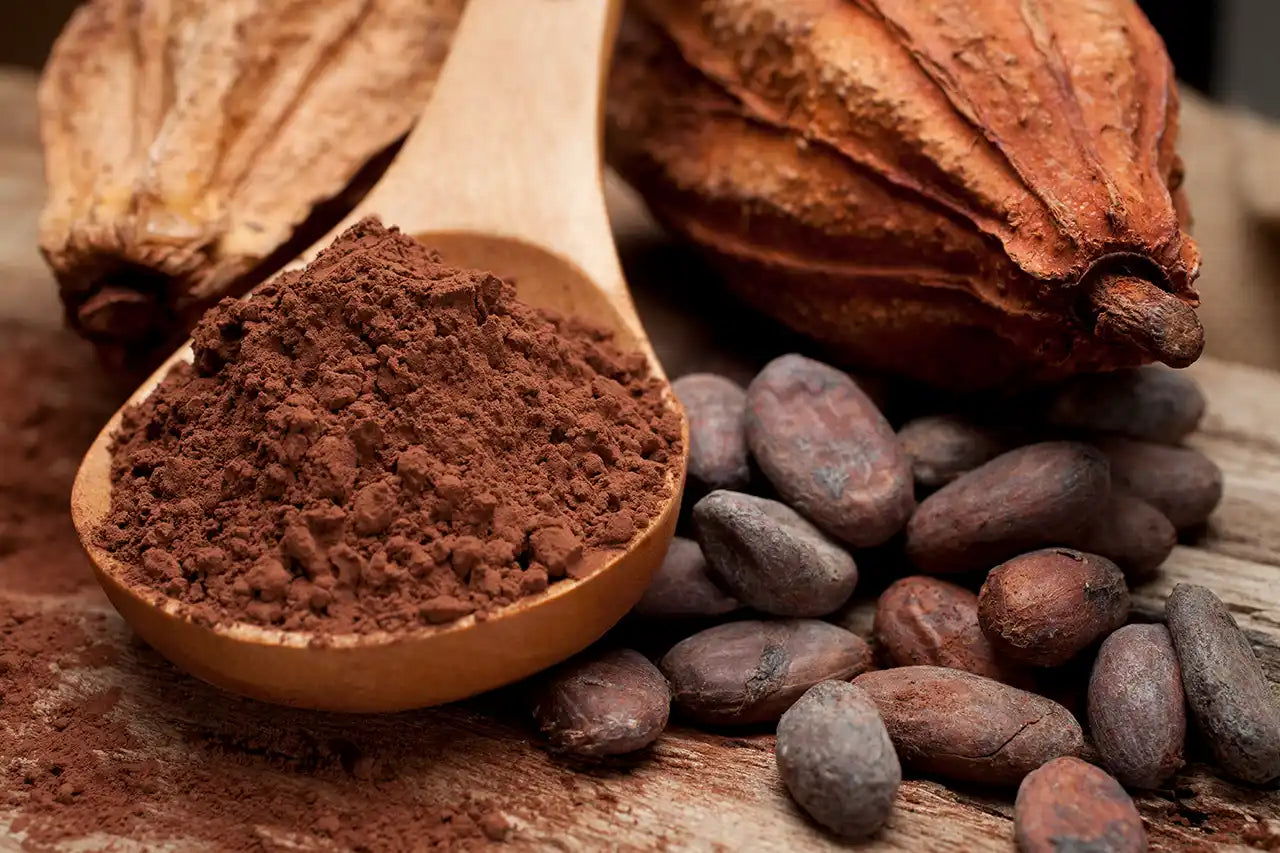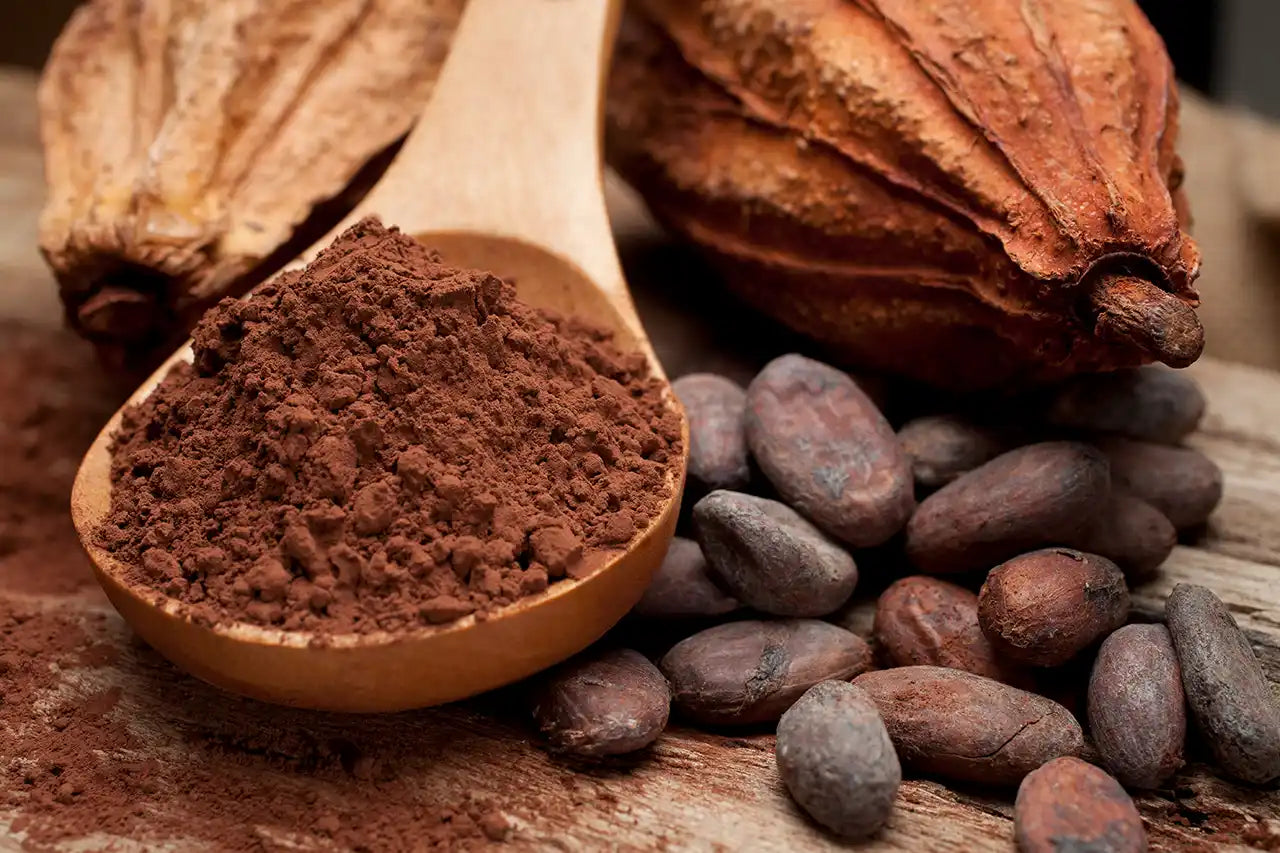Stem n Rootz
Pure Cacao Powder – A Superfood for Heart Health, Mood, and Culinary Delight 4oz
Pure Cacao Powder – A Superfood for Heart Health, Mood, and Culinary Delight 4oz
Couldn't load pickup availability
Pure Cacao Powder is a rich, nutrient-dense superfood traditionally prized for its antioxidant power, mood-boosting properties, and heart health benefits. Made from the finest cacao beans, this premium powder is packed with magnesium, iron, fiber, and natural antioxidants that help support cardiovascular function, elevate mood, and nourish the body at a cellular level. Known for its indulgent, intense chocolate flavor, pure cacao is a versatile addition to both wellness routines and culinary creations.
Key Benefits:
-
Rich in antioxidants for cellular and heart protection
-
Supports mood elevation and emotional well-being
-
Promotes cardiovascular health
-
Provides essential minerals like magnesium and iron
-
Enhances smoothies, baked goods, and hot beverages
-
100% pure with no additives or fillers
How to Use:
Mix 1–2 teaspoons into smoothies, hot water, plant-based milk, or baked goods for a nutrient-packed, chocolatey boost. Enjoy daily as part of a heart-healthy and mood-supportive lifestyle.
Ingredients:
100% Pure Cacao Powder.
Disclaimer:
Always consult with your healthcare provider before starting any new herbal regimen, especially if you are pregnant, nursing, or taking medications.


